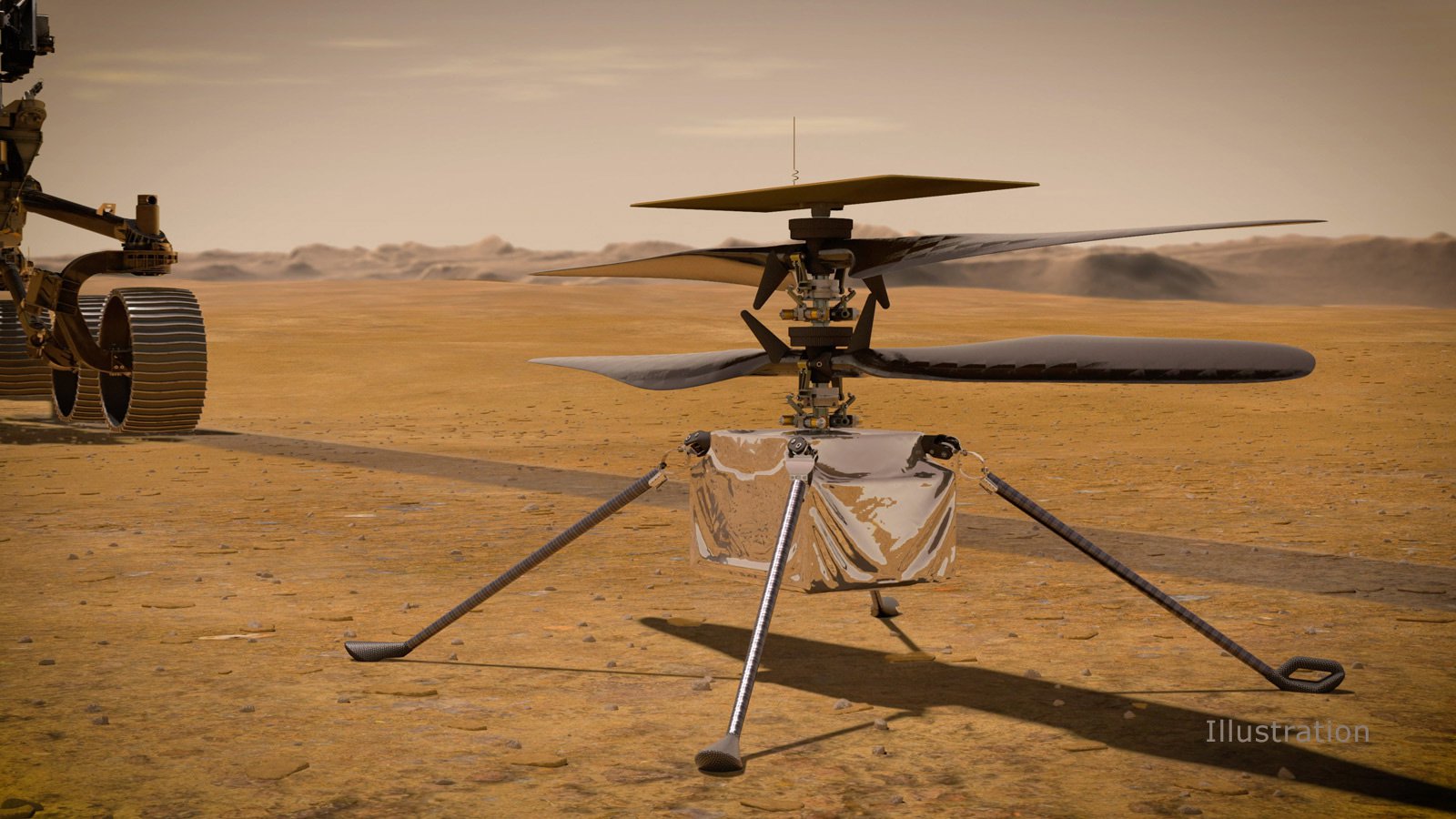NASA’s experimental helicopter, Ingenuity, has concluded its mission on Mars, marking a historic achievement for the U.S. space agency. Ingenuity, which landed on Mars alongside NASA’s Perseverance rover in February 2021, played a crucial role in testing the feasibility of flight in the Martian atmosphere.
Originally designed for a one-month demonstration mission, Ingenuity surpassed expectations, becoming the first aircraft to execute a powered, controlled flight on another planet in April 2021. NASA officially extended its mission in May 2021, and since then, the helicopter has completed a total of 72 flights on Mars, covering 14 times the originally planned distance and accumulating over two hours of flight time.
Despite its small size, Ingenuity proved to be a resilient and groundbreaking explorer, continually surprising mission controllers with its capabilities. However, the experimental helicopter recently faced challenges as mission controllers detected damage to one of its rotor blades during a landing attempt. This damage has prompted the conclusion of Ingenuity’s operational activities.
NASA Administrator Bill Nelson praised Ingenuity as “the little helicopter that could” and acknowledged its unexpected success in pushing the boundaries of what was initially thought possible. While the helicopter’s primary mission was to test flight on Mars, it played an additional role in supporting Perseverance’s rover operations by identifying exploration areas and aiding in mapping routes.
Ingenuity’s achievements have opened new possibilities for future exploration in our solar system and enhanced our understanding of aerial mobility on other planets. The success of this mission has even led to NASA approving the development of two small helicopters for deployment in upcoming missions, showcasing the significant impact of Ingenuity on the future of space exploration.
SpaceExploration















































